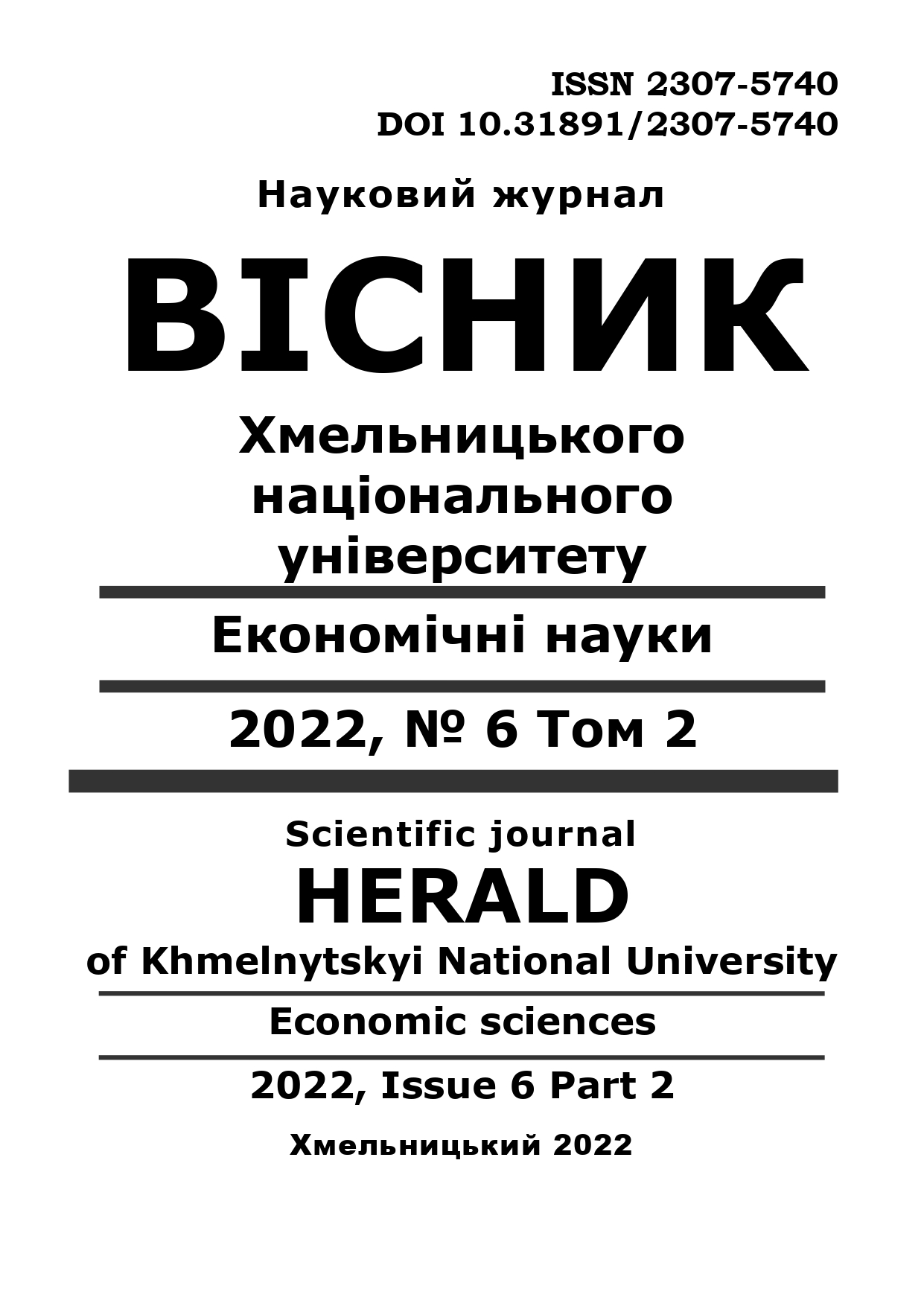РОЗВИТОК МІЖМУНІЦИПАЛЬНОЇ СПІВПРАЦІ ГРОМАД: СТРАТЕГІЧНІ АЛЬТЕРНАТИВИ
DOI:
https://doi.org/10.31891/2307-5740-2022-312-6(2)-18Ключові слова:
територіальні громади, міжмуніципальна співпраця, співробітництво громад, місцевий економічний розвиток, стратегуванняАнотація
Розкрито актуальність проблеми забезпечення розвитку міжмуніципальної співпраці територіальних громад і зокрема стратегування цього процесу. Метою дослідження стало вдосконалення методичних рекомендацій зі стратегічного планування розвитку міжмуніципальної співпраці громад в Україні. Показано, що міжмуніципальна співпраця має високий потенціал акумуляції і ефективного використання місцевих ресурсів, забезпечення соціально-економічного розвитку. Вказано на те, що розвиток міжмуніципальної співпраці громад здатний забезпечити досягнення реальної економічної незалежності і самодостатності територій, особливо тих громад, які зараз дотаційні чи депресивні. Наголошено на тому, що міжмуніципальне співробітництво громад починається з ідентифікації громад-партнерів та спільних економічних інтересів. На цій основі визначаються конкретні бізнес-проєкти, які будуть реалізуватися спільними зусиллями.



